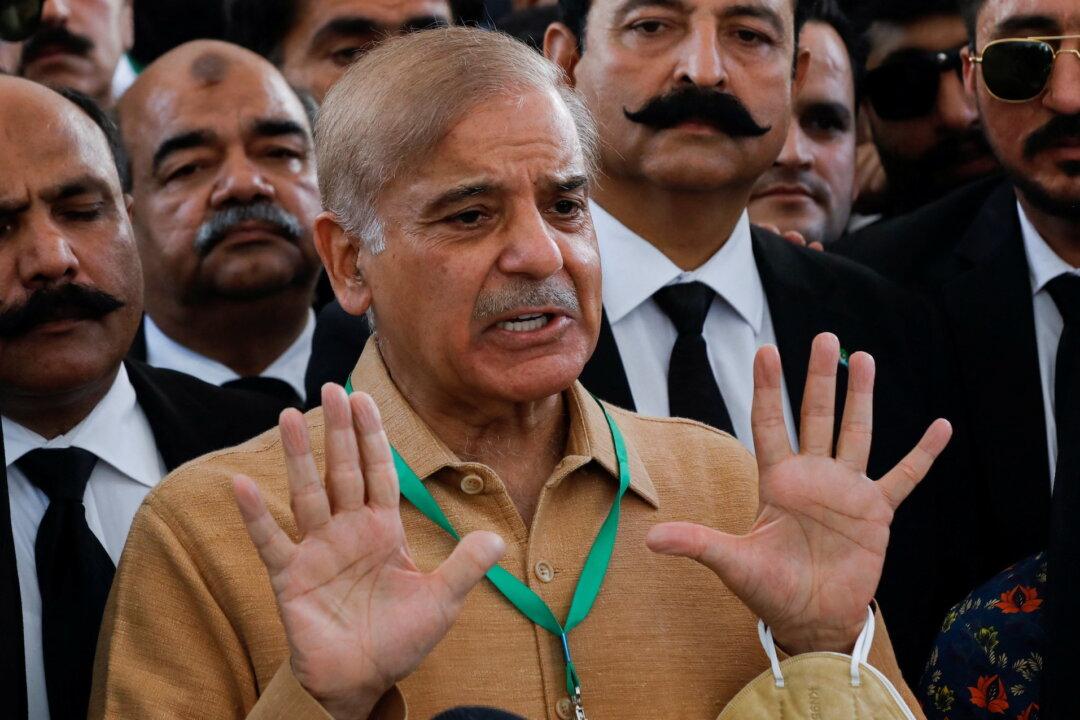Pakistan’s foreign debt has reached a level that even the future generations will not be able to pay off, Prime Minister Shehbaz Sharif said on May 28.
“Imran Khan’s government took such hefty amount of loans that our generations might not be able to pay them,” Sharif said in a public address, referring to his predecessor, Pakistan-based The News reported.





